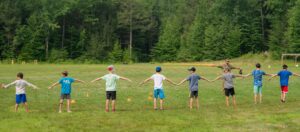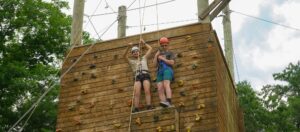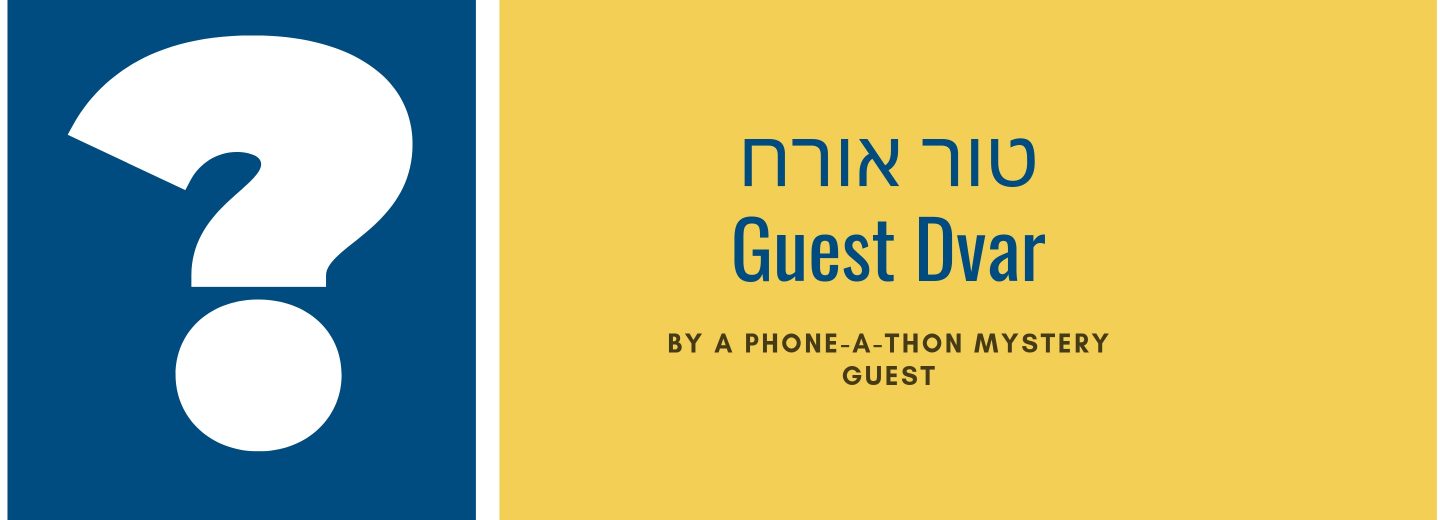Many people are critical of the sefer Vayikra, the Book of Leviticus in our Torah. Why was it necessary to include a book dealing with sacrifices which are passé in the bible, is the question most commonly asked concerning Vayikra. Yet, Vayikra is really the most versatile and complex book in the Torah. It is full of contrast and extremes. It teaches us that religion without mitzvah and sacrifice is empty and dry. It cannot survive.
Rabbi Akiva expressed this thought in a striking manner. He said, “Masoret seyag latorah – Tradition is a fence that safeguards the Torah.” He looked upon the basic precepts of Judaism as upon a beautiful garden which contained loved plants and fragrant flowers.
One cannot leave a precious garden without protection and care. So the sages insisted that a sturdy fence of tradition be built around the garden, a shield of rituals and ceremonies to assure the continued existence of the garden.
Interestingly the Hebrew word employed by Rabbi Akiva was “seyag” which means a hedge. The usual word for a fence is “geder”. The difference between a fence and hedge is this: A fence can be made of any material because the major purpose of a fence is to protect. That is why some fences are ugly, tall, and fortified cement. Who cares?– as long as it protects.
A hedge, however, not only protects by beautifies. It protects the trees and flowers against those who would pluck them or vandalize them, but it also makes the garden attractive.
Rabbi Akiva said that tradition is a hedge for the Torah. It protects the lovely blossom of Judaism and also adorns it. The laws of the sacrifice, the rituals and the ceremonials of Judaism protect the garden of Judaism and display the splendor and fragrance of its contents for all to admire and revere.
May we always employ the seyag, lehagdil Torah ul’haadeera, to magnify and glorify our Jewish lives.




